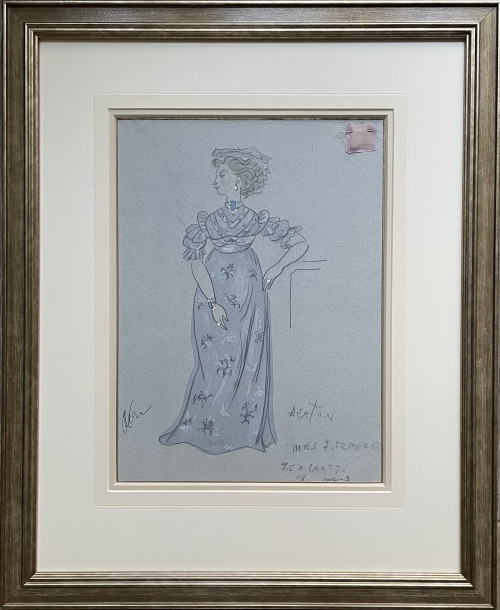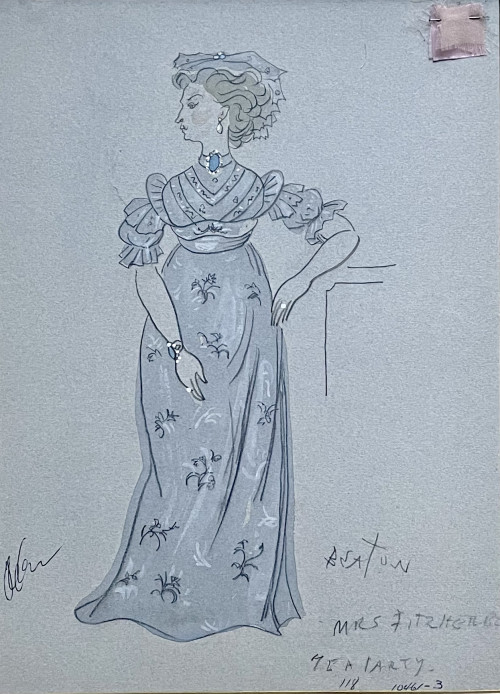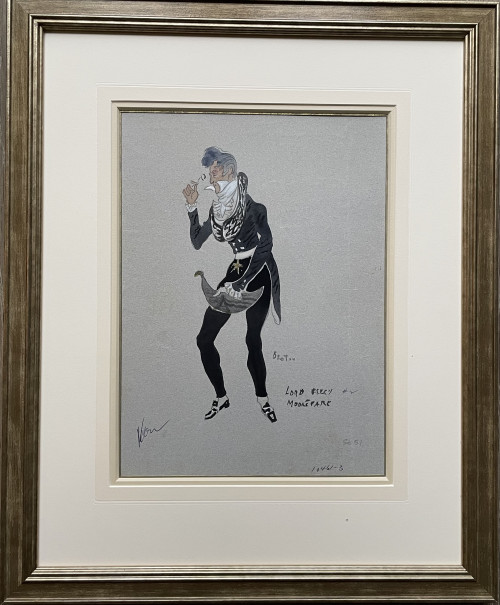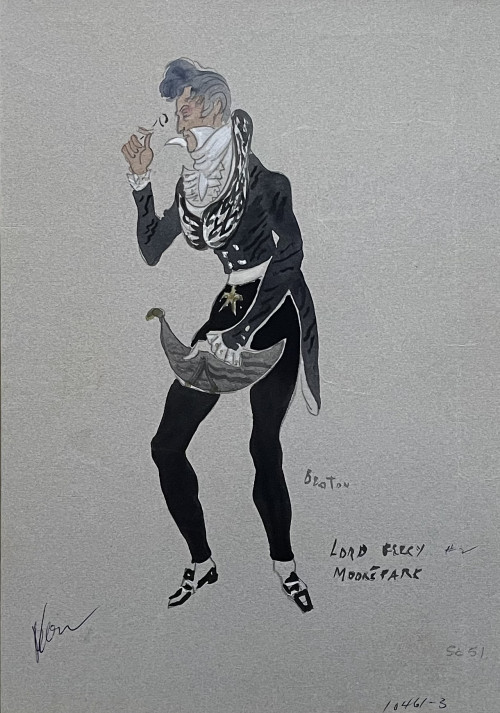- HOME
-
- View All Items
- New Arrivals
- Featured Items
- Artists
-
- View All
- Contemporary
- Birmingham School
- Cotswold Group
- Landscape
- Urban Townscape
- Abstract
- Animals/Birds
- Arts & Crafts
- British Impressionist
- Botanical
- Design/Industrial
- Fantasy/Fairy Subjects
- Female Artists
- Figurative
- Historical
- Illustration/Cartoon
- Marine
- Military/War Artist
- Modern British
- Pre-raphaelite/ Romantic/ Aesthetic
- Nude
- Portrait
- Prints
- Scottish
- Sculpture
- Sporting
- Still Life
- Theatrical
- Interiors/Architectural
-
ARCHIVE
Genre
- View All
- Contemporary
- Birmingham School
- Cotswold Group
- Landscape
- Urban Townscape
- Abstract
- Animals/Birds
- Arts & Crafts
- British Impressionist
- Botanical
- Design/Industrial
- Fantasy/Fairy Subjects
- Female Artists
- Figurative
- Historical
- Illustration/Cartoon
- Marine
- Military/War Artist
- Modern British
- Pre-raphaelite/ Romantic/ Aesthetic
- Nude
- Portrait
- Prints
- Scottish
- Sculpture
- Sporting
- Still Life
- Theatrical
- Interiors/Architectural
- ARTISTS
- Online Exhibitions
- Events
- About
- Contact
- Home
- Medium
- Watercolour & Drawing
- San Giorgio in Alga, Venice - 19th Century British Marine drawing by Edward William Cooke, RA
San Giorgio in Alga, Venice - 19th Century British Marine drawing by Edward William Cooke, RA
San Giorgio in Alga, Venice - 19th Century British Marine drawing by Edward William Cooke, RA
EDWARD WILLIAM COOKE, RA
San Giorgio in Alga
Signed, inscribed with title and dated Sep 22 1859
Pencil and watercolour, unframed, in mount only
9 by 17 cm., 3 ½ by 6 ¾ in. (mount size 25.5 by 32 cm., 10 by 12 ½ in.)
Edward William Cooke was born in Pentonville, London, the son of the engraver George Cooke and nephew of the engraver, William Cook. A precocious draughtsman he became an accomplished engraver at an early age, showing a great fondness for marine subjects. On the encouragement of Clarkson Stanfield and David Roberts he began to paint in oils from the early 1830s, taking formal lessons from James Stark and first exhibiting at the Royal Academy and Royal Institution in 1835.
He travelled widely on the Continent, most notably to the Netherlands and Italy. He also had a serious interest in natural history and geology, being a Fellow of the Linnean Society, Fellow of the Geological Society and Fellow of the Zoological Society and of the Society of Antiquaries. In 1863 he became a Fellow of the Royal Society and a Royal Academician in the following year.
Thank you for your enquiry.
We will get back to you soon.
Please create wishlist to add this item to
RELATED ITEMS






















